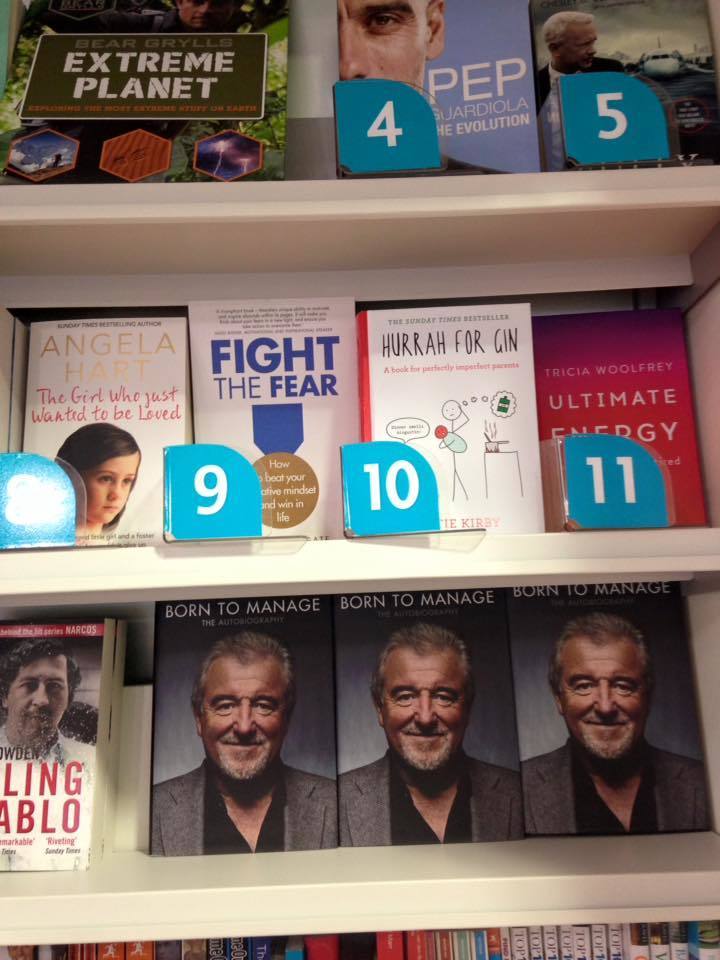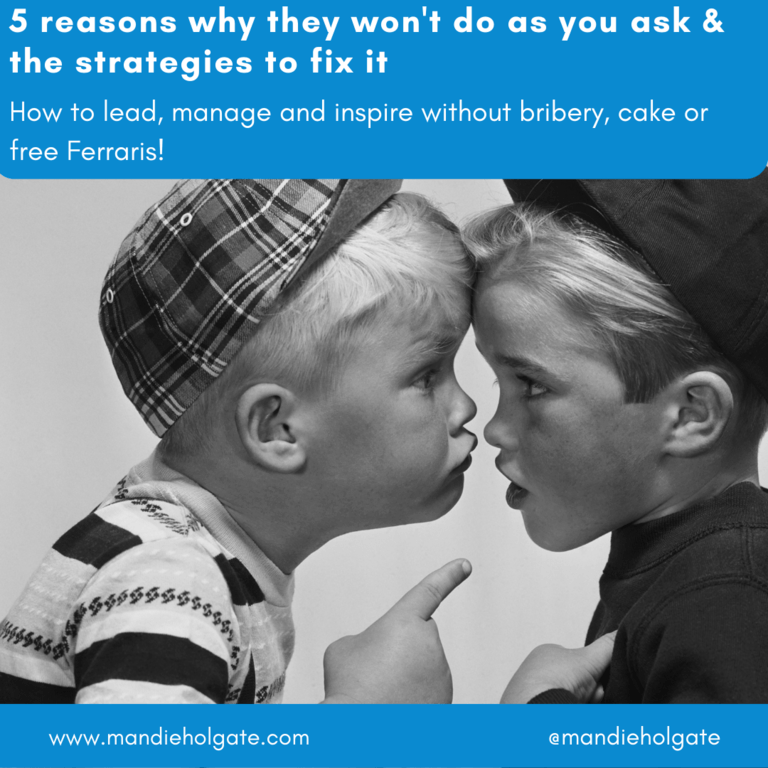Your Resilience & the costliest disaster in history – key lessons for us all
10 years ago I like millions of others watched as waves often over 25 metres high smashed into Japan.
I cried as whole towns were destroyed.
Families displaced and thousand died or were missing somewhere under the mud, detritus and destruction.
Watching the ships washed into towns was something that has stuck with me for 10 years. Seeing dazed journalists who’ve covered the worse things on the planet, asking “How do they recover from this?” and genuinely wondering if it could be possible as they stood on what looked like an abandoned half finished parking lot with rods of iron twisted out of the ground and not much else, where days before had been homes, businesses, schools and life.
The earthquake that caused the tsunami was a magnitude 9 the most powerful in Japan since 1900. The quake shifted the earth on it’s axis and was the most costliest disaster in the world to date at $360 billion.
But worse than all nearly 20,000 people died, most were drown.
Why would I share such devasting facts?
Because due my secret love of NHK World – it’s a news station hidden amongst the other stations from around the world. (If you want an unbiased idea of what’s going on in your world, watch news stations that are based on every continent to really understand our planet and it’s people and how you fit into this world.)
It’s here I watched week after week as they told the stories of the towns and cities that were hit the worse. Every show made me feel good. How can a tragedy of this magnitude do that?
Because of the people and their stories.

The people of Japan and the people that moved to the area teach us essential lesson on what it takes to be resilient in life. To overcome any adversity and achieve no matter what.
Here I want to share just a few stories to share how these stories could make you more resilient – and as I like to call it – bouncability.
The fisherman
A lot of the stories are shared with American Hollywood film star Ken Watanabe. In this episode he met an elderly fisherman (I didn’t catch his name – my apologies). When Ken first met him, he was living in a tiny cargo container because everything was gone. Ken asked why do you not leave?
And the man said “This is my home.” In the show he went back last year and we got to meet the same fisherman. Yes he looked older (who doesn’t after 10 years) but he looked like a new man. There in his waterproofs, knife in hand, turning fish on net beds to dry in the air, he shone with happiness.
He talked with candour about how hard it had been but about how it had never entered his mind not to return to fishing where he had always fished. Now people chose to buy from him instead of big shops because they knew fishing bought the man happiness.
What a wonderful story about faith and belief in what you should do.
Lessons to apply to your life
When you feel like you are up against it, respect your values. Your values may be similar to mine but they will be unique to you in some way. In my first book Fight the fear there is a detailed exercise that will take you about 1 hour to do it properly.
At the end of this exercise you will know what your core values are. By understanding these, whatever happens in life, you will keep going because what drives you is being honoured.

Secondly this fisherman had faith. At the time of wanting to return how could he have possibly have known how many others would be so brave or confident to return and rebuild their devastated town?
He held out belief in those around him. He assumed that there would be market for what he sold (Okay, that’s risky by any business coach’s standards! However I admire his absolute commitment and belief in his customers.) Your take aways here are;
- Who can you rely on?
- Who do you know will be there for you?
- How do you know this?
- What does this information do for you?
- How can it make you more resilient?
Next meet the oyster fisherman’s wife, Ichiyo Kanno.
When the tsunami hit it destroyed the lower floor of her house (Ichiyo is not related to the first fisherman). The same day she set up a shelter for people to come and stay who had lost everything.
It quickly became a centre to go to for food, love and support, barrier free and open to all.
Ichiyo’s tragedy grew exponentially!
As if Ichiyo hadn’t suffered enough, it broke my heart to see her talk about how her husband, daughter and son in law died a few years later when their fishing boat capsized a few years later. Just as they were rebuilding their life and could fish again, it was suddenly all gone all over again!
How do you come back from that?
Yet when she meets Ken, she is all smiles and happiness to see him. I know many who put a “brave face on it” however that doesn’t seem to be Ichiyo’s way.
Her way is far braver.
Love, as one writer who meets her puts it a genuine desire to live and be happy; a love of life. (1)
I felt like her love and joy for life were coming out of the screen at me. Now she has a guest house and feeds people from around the world. If I ever get to Japan, I want to go here!
How is this useful to you?
Any actions you take that are rooted in negative feelings will be difficult. While negative emotions are good to levy against to change what you do and get better results. Unless you can find the positive in your desires, what you need to overcome or adversity that you face, then it will be far harder to achieve. Always ask yourself if your fundamental desire for this is rooted in love?
Everything Ichiyo does is rooted in love and it means that despite the very real loss that she must still feel every day, she feels loved, is loved and is given love.
Life is easier with love. And I know this sounds 60’s hippy theory but seriously in business, in teams, in colleges, in hospitals, anywhere in your world you need to achieve more;
- To communicate with power.
- To perform exceptionally.
- To get the results you need for yourself, a team and/or an organisation,
Root the need, the goal, the ethos and vision in love. You will achieve more as a result – and it is likely to feel easier too.
Love in action in business;
I remember working with a team who had a member of staff that, well how do we say, basically, no one liked. They could offend everyone. They could argue about what colour the sun was. There was a lot of animosity to this person and it affected the team, their co – workers and the company as a whole.
Coaching is non judgemental with me. So it takes away guilt and blame. It meant for the first time everyone was actually listening to what this person felt. Not their poor actions or communication, but what they felt. And they realised that this person constantly felt threatened, not good enough and lacked confidence.
The lack of confidence really shocked everyone. But as they talked with me as their facilitator and coach, they were able to see this person in a whole new way. They saw how they were suffering and could see how their actions weren’t being done to offend or annoy people but because they held onto many negative ideas that weren’t serving them well.
Ichiyo teaches us to be mindful to what we hold on to. Can you say you do this?
- If you consider people from a place of love, what might they be feeling?
- What may be their reasons for acting as they do?
(It’s not always the case that things can improve, alas, some people just aren’t a good fit. However even then if you come from a place of love, they can move forward to get the goal that Ichiyo strives for; a genuine desire to live and be happy; a love of life.
And lastly meet 28 year old Barber, Itaru Kitayama
For Itaru, the tsunami hit 10 days after he grauated from highschool. Able to escape to university in Tokyo, he could live anyway he wished.
He chose to return. Around his own business as a barber in the town devastated by the tsunami he is a karate coach at his old high school, coming 2nd in a national competition he really is free to live life anywhere in any way he wishes, and he chooses here.
He talked to Ken in the TV show about how he feels karate helps him and the students. He said that through karate he wants to contribute to the area and give students confidence and possibilities. I adore his quote;
“I feel its not so much fun if you can see the finish line.”
Itaru Kitayama
Itaru beautifully sums up essential lessons for resilience and durability to ensure you get what you want to go.
1. A realisation that you are free to do something else – you get to choose – by believing you don’t, you take away your power. Becoming the victim will not help you, it will keep you stuck because you believe nothing can be done. Whether coaching a team or an individual, I’ve never seen this to be the case, there is always something you can do.
2. Contributing to others helps you. A study by the London School of economics examined the relationship between volunteering and measure of happiness and found the more people volunteered the happier they were. And just google the research and benefits of happiness on mindset, actions, success and even your likeliness to earn the amount you want and you will see that helping others is very very good for you.
Itaru does this in another way by returning to an area that many have been deserted. Helping to rebuild a vibrant society and communities that will thrive. Giving motivation and belief to others too.
3. Lastly by not needing to know the ultimate finish line Itaru can enjoy the journey. Sometimes I see incredibly successful people (often millionaires) who are still not happy, feeling like something is missing. This is often because they have become accustomed to an outdated belief that “I will be happy when…” or “It will be good when…” not actually noticing they’ve achieved everything they aimed to with bells on!
Above all else these stories and the many others I’ve watched about that awful day one decade ago give us key skills, attributes, beliefs, values and attitudes we need to bring to our own lives. If you want to feel like you can do anything and overcome anything, bring love, happiness and hope into your life.
Because as I like to say nothing stays the same.
If you’ve enjoyed this article, please do 3 things;
1. Share on LinkedIn, Twitter and Facebook.
2. A little Paypal love of this writer goes a long way too – it also gives me a dollop of love. And we all need that!
3. Let me know how my words impact on you and your life.
(1) https://visit-kesennuma.com/highlights/highlight-en-606/
Statistics on the tsunami from https://www.worldvision.org/disaster-relief-news-stories/2011-japan-earthquake-and-t sunami-facts




